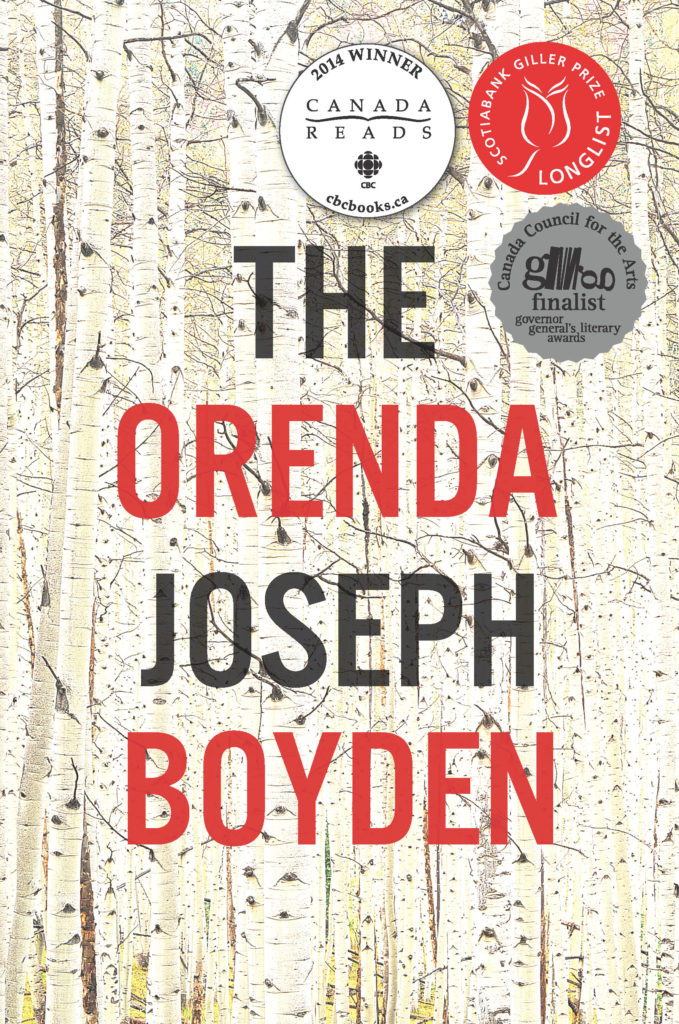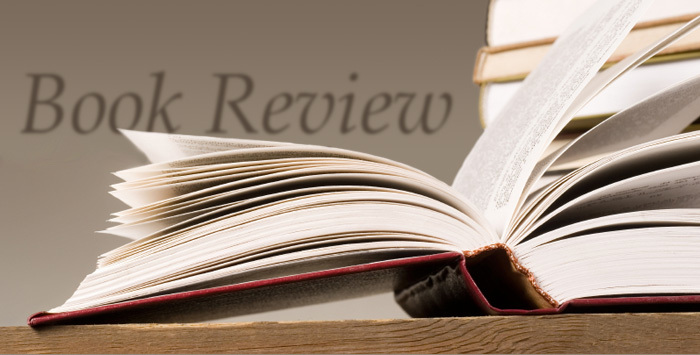Joseph Boyden
Written by Kristy Dolson
In Canada, June is National Aboriginal History Month, and the indigenous peoples of North America have a rich and diverse history and culture. I would like to honor that by reviewing Joseph Boyden’s bestselling novel, The Orenda. It brings to life and explores a critical moment in that history through the experiences of three intertwining cultures: the French, the Huron, and the Iroquois.
In this historical fiction, a sprawling epic told in heartbreaking detail, the reader follows Christophe, Bird, and Snow Falls as they live out the early days of first contact among the French and the aboriginals of 17th century Canada. Christophe is a Jesuit priest sent to convert the indigenous populations. His journey brings him to a Huron village, where he finds an ally in Bird, a Huron warrior, and a possible disciple in Snow Falls, a young Iroquois girl taken from her people by Bird on a revenge strike in an ongoing conflict between the two great nations. Over the course of this massive 490-page book, our three protagonists will come together, fall apart, and come back together in their desperation to survive the cruelties of human desire and the harsh realities of the natural world.

Boyden does not shy away from facts. There was cruelty and ignorance on all sides. No one was perfect and no one lived in an idyllic paradise. These people were human. They were morally complex, and so were the relationships they formed. After being confronted by an ugly truth about the Frenchmen who joined him, Christophe ponders the worthiness of the Europeans and their reasons for coming to the New World. Through his struggle, Boyden reminds us that the people in our distant past were very much like the people of today: flawed and easily manipulated. The religious and economic convictions at the heart of this book may make for controversial discussions among readers, but they are discussions worth having because they inform our present and our future.
The book is divided into three parts, and each part begins with a half page of narration. This narration is presumably a contemporary look back on the historical events. It invites the reader to think more deeply about the past and its impact on current-day relationships. This technique also reminds readers that history is a story – an artificial construction told by the survivors. History in turn becomes our present, and the story never ends. We invite others in by adding new voices and new perspectives. The more diverse the story becomes, the more people can connect with it.
Boyden takes great care to represent each voice in a balanced way throughout the novel. It is left to the reader to weigh the voices separately and as a whole before forming an opinion on the people involved and the outcome of the events – both fictional and real. After all, this is our story and our legacy. We cannot go back. We can only go forward by acting on the lessons we have learned.
The Author
Kristy Dolson lived in South Korea for five years before taking a year off to travel, read, and spend time with her family in Canada and Australia. She holds a Bachelor of Education and now lives in Yeosu, where she splits her time between teaching at the new Jeollanamdo International Education Institute and reading as much as she can.





